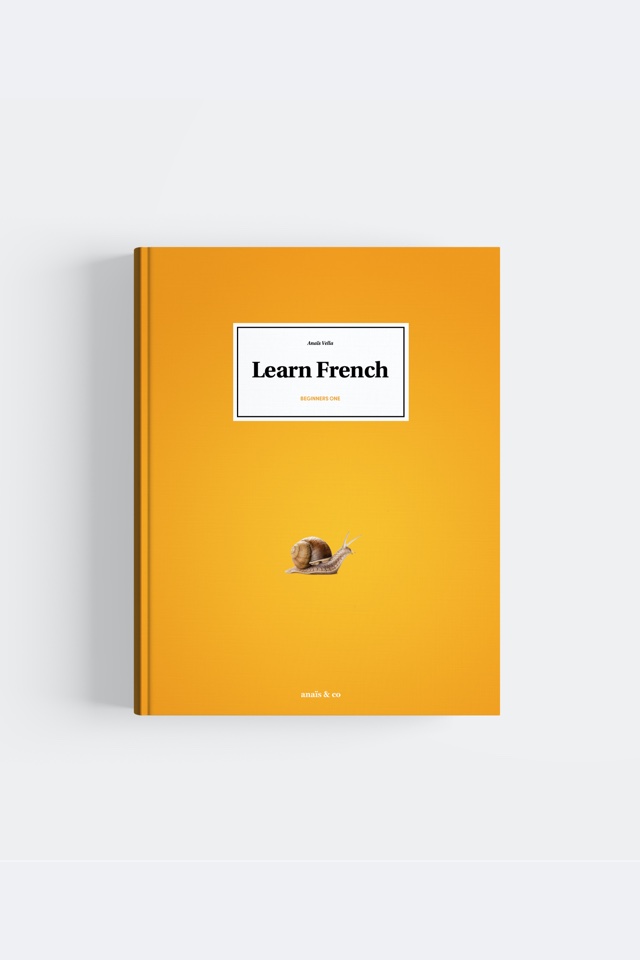

Du (masculine)
De la (feminine)
De l’ (in front of vowels or “h”)
Des (plural)
In French “de le” doesn’t exist. Instead, we must contract “de” and “le” into “du.” Same for “de les”, this does not exist, and we must contract “de” and “les” into “des.” However, it is fine to use the preposition “de” followed by the definite articles “la” or “l’” without any contraction.
In English, they can be translated as “some” or “any” in questions or may be left out entirely.
The partitive articles are used in front of uncountable nouns even if the English equivalent doesn’t use an article. They refer to an unspecified quantity of food or liquid, so here “des” is rarely used. Depending on the context, some countable nouns can also be uncountable and vice-versa. For example, the bread in a restaurant is uncountable as you only get a part of a whole, but the bread in a shop is countable, you can buy more than one.
For example:
Elle boit de l’eau → She drinks (some) water.
Voulez-vous du pain → Do you want (any) bread?
The partitive articles are used with musical instruments when the verb in the sentence is “jouer” (to play), as musical instruments are classified as uncountable nouns when you play them not when you own them. You can consider that the partitive article is “attached” to the verb as we are limited to the use of “jouer.”
For example:
Je joue du piano → I play the piano/some piano.
Tu joues de la guitare → You play the guitar/some guitar.
Playing an instrument is considered an activity, so the verb “faire” (to do) can be used with the partitive articles too. It is better to use time expressions in this context.
For example:
Je fais du piano les lundis → I play the piano on Mondays.
The partitive articles are used with sports and activities when the verb in the sentence is “faire” (to do), as sports are considered as uncountable nouns. You can consider that the partitive article is “attached” to the verb as we are limited to the use of “faire.”
For example:
Je fais du tennis → I do (some) tennis/ I play tennis.
Tu fais de l’équitation → You do (some) horse riding.
In French, it is more common to use the verb “faire” (to do) with sports than “jouer” (to play). In fact, we only use “jouer” (to play) when we are in the middle of a game or if we have planned to play the game.
In a negative sentence, the partitive articles will follow the same rules as the indefinite articles. They turn into “de” or “d’” in front of a vowel or “h.” Except with the verb “être” (to be) or other verbs that describe a state.
For example:
Je ne fais pas de foot →
I don’t do football/I don’t play football.
Ce n’est pas du miel → It is not (some) honey.

More in the books
Werther you are learning by yourself, with Anais and Co or if you are a FLE teacher find this lesson and many more in a beautiful book.
Be notified when we upload a new video.